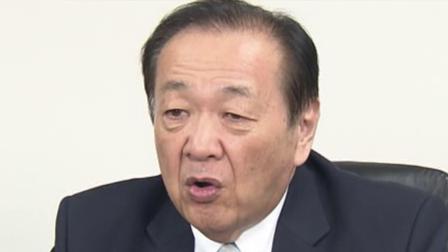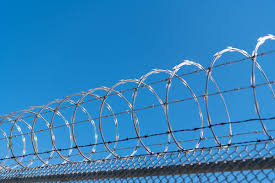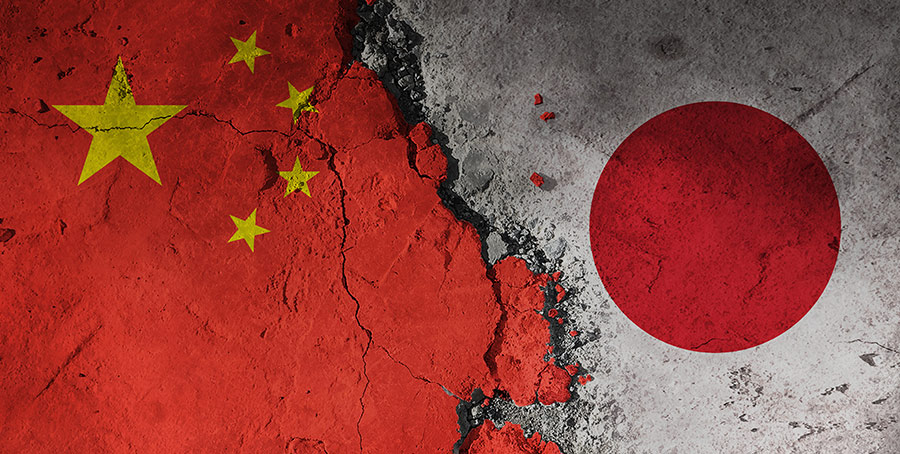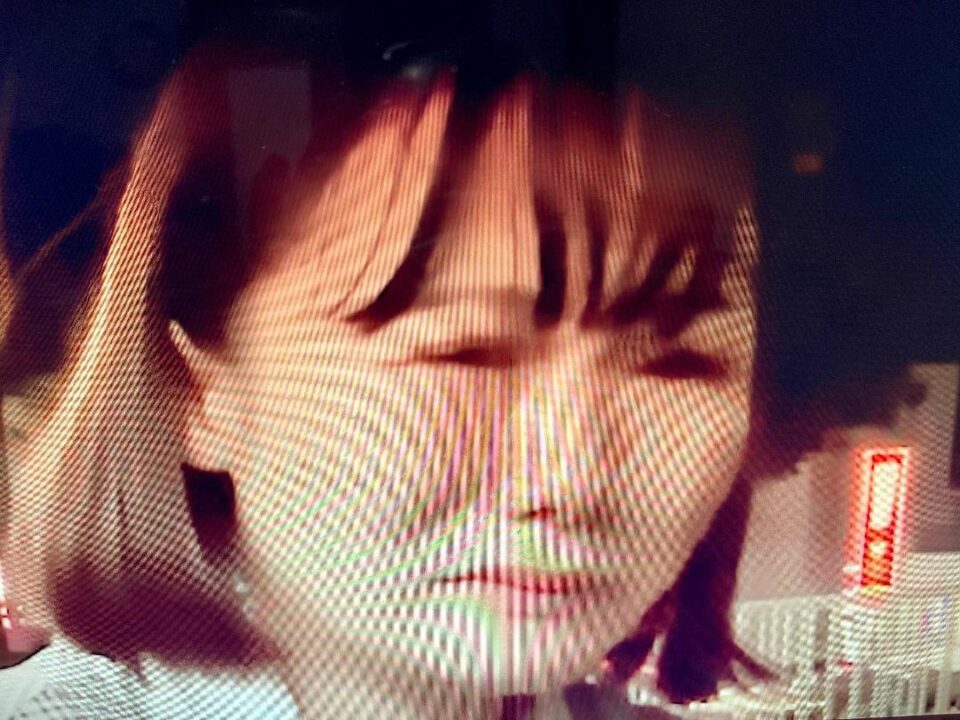From “2,279 Days in China: Record of a Pro-China Japanese Man Made into a Spy” #1
Eiji Suzuki
Eiji Suzuki, former president of the Japan-China Youth Exchange Association, was detained by the Beijing Municipal State Security Bureau in July 2016 on charges of “spying. Why was Mr. Suzuki, who had been involved in Japan-China friendship for 30 years, suddenly imprisoned? What is happening in China today and what should we think about Japan-China relations?
The following is an excerpt from “2,279 Days in Chinese Detention: A Record of a Pro-China Japanese Spy” (Mainichi Shimbun Publishing), in which Mr. Suzuki, who was detained under the Xi Jinping administration, describes his harsh experiences up to his release from prison in an unabashed manner. Why was Mr. Suzuki charged with espionage?
Surprisingly Sloppy Grounds for Spying Charges
As the interrogation progressed, my “charges” began to dimly emerge: the issue seemed to be a conversation I had had with a Chinese government diplomat I had known in Japan, Mr. Tanben Yan (湯本淵), during a dinner in Beijing on December 4, 2013. Mr. Yoo was a minister-counselor at the Chinese Embassy in Japan.
He returned to China in July 2013. He was on an elite course to enter the Central Party School of the Communist Party of China.
Laoshi (one of the interrogators) was aware of the conversation between Mr. Tang and me on that day. I thought that this meant that Mr. Tang had already been detained and interrogated. I suspect that he was also wiretapped, but I do not know now.
If the Chinese state-run Xinhua news agency had not reported it, it would have been “illegal.
One day the Master said to me, “I told you about North Korea. It is a topic that should be handled with caution and is illegal.
I tried to recall our conversation at the time. Just before I had dinner with Yoo, two close associates of Jang Sung-taek, the son-in-law of the late North Korean President Kim Il-sung, had been executed, and Jang’s whereabouts were unknown, the South Korean government had informed a South Korean parliament member, who announced it to the media. This news was reported in Japan in early December 2013. During our dinner, I asked Mr. Yoo what he thought about this information. The news of the execution was public information, and Japanese newspapers had reported it before I came to Beijing. In addition, Mr. Yoo only said, ‘I don’t know. Why is it illegal?”
I pressed the old master,
He reminded me, “It would be illegal if it had not been reported by China’s state-run Xinhua news agency.”
I reminded him. But Mr. Tang’s answer was simply, “I don’t know. He replied, “I don’t know.
I could not believe my ears. What in the world is going on in the legal system of this country? I felt a mixture of anger and dismay at the legal system and sense of human rights that would allow a person to be detained based on a conversation of this level. However, I had no idea at the time that this would constitute a charge of espionage. They would ask anything to solidify their suspicions. That was the extent of my awareness.
I met you once.
Incidentally, on December 12, 2013, the Ministry of National Security, North Korea’s security agency, held a special military trial against Jang and sentenced him to death for conspiring to overthrow the state, which was immediately executed. This, of course, was also reported worldwide. What is “illegal” about this information?
As the three men continued their interrogation, one man unusually opened his mouth. It was when the master went out into the corridor to make tea.
I met you once. Don’t you remember?
He was about 30 years old, with dark skin and all-back hair. He was about 30 years old, with dark skin and all-back hair. He looked familiar. I couldn’t help but exclaim, “Ah! I shouted.
It was June 2010, when I visited Jinzhou City, Liaoning Province, for a tree-planting project. I am the president of the Japan-China Youth Exchange Association, and I was the head of the delegation for the tree-planting project. This man was assisting me at that time. He told me that he was a volunteer from Beijing.
In July 1999, during a visit to China, then Prime Minister Keizo Obuchi announced the establishment of a 10 billion yen fund for afforestation. In November of the same year, the Japanese and Chinese governments exchanged official documents, and the Japan-China Private Sector Afforestation Cooperation Committee was established.
The Japan-China Youth Exchange Association was contracted to undertake this afforestation project. I had no idea that the Ministry of State Security was monitoring the site of a friendship activity that was initiated at the behest of the leaders of Japan and China. I was so surprised that I was speechless for a while. I couldn’t stop crying in the sunlight.
The interrogation continued. Even after the interrogation was over, I could not read books, and there was no TV. No paper or pens were allowed. There was nothing to do. There was no one to talk to, and except for meals and showers, he just sat still in bed.
Exercise was allowed. I was often told to walk, but only to and from the small room. The only other exercises allowed were push-ups and flexibility exercises with my hands on the bed. There were no mirrors, and they could not even look at themselves. I was looking at my face reflected vaguely on the stainless steel plate of the food jar.
I felt like I was going crazy. I just missed the sun, which had been so annoying on the day I was detained. I want to see it just once. One day, about a month after I was taken into custody, I expressed my feelings to the old master.
“Will you let me see the sun?
I will discuss it with you.
The next morning, the Maester came to Room 502 and said, “Fifteen minutes is all I need. He took me out of the room into the hallway and placed a chair about a meter away from the window. As I sat down, the sun came into view.
I sat down and the sun came into view.
I began to cry. I wanted to see it closer. When I tried to get closer to the window, the man behind the seat stopped me and said, “No.” I thought I could see all around the building through the window. I guessed it was because I could see the building’s perimeter from the window. It was a place where everything was shrouded in secrecy.
The end.”
Fifteen minutes later, a heartless voice echoed down the hallway. This was the only time we saw the sun during our seven months of residential surveillance.
The Japanese government acknowledges reports that I was detained by the Chinese government.
The Mainichi Shimbun reported my detention in its morning edition on July 28 of the same year as follows
We have learned that a man who is an executive of a Japan-China exchange organization in Tokyo has been out of contact after visiting Beijing in the middle of this month. According to Japan-China sources, he may be under interrogation by Chinese authorities on suspicion of espionage.
According to the sources, the man left for Beijing around the 10th of this month and was scheduled to return home on the 15th. However, he had not contacted his place of work by the 27th. Last year, a total of four Japanese men and women were detained in China for espionage activities in Zhejiang and other provinces.
(Mainichi Shimbun Morning Edition, July 28, 2016)
Sentenced to 6 years in prison for espionage
In response to these reports, then Chief Cabinet Secretary Yoshihide Suga officially acknowledged my detention as the Japanese government at a press conference on the morning of July 28. This is also quoted from the Mainichi Shimbun.
Chief Cabinet Secretary Yoshihide Suga acknowledged the fact of my detention at a press conference held on the morning of March 28, stating, “We received a report from China that a Japanese man was detained by Chinese authorities in the city of Beijing in July.
He declined to comment on the specifics, such as the circumstances of the detention or the man’s occupation, saying, “Due to the nature of the matter, I would like to refrain from commenting on it. As for spying, he denied that “our country does not engage in such activities for any country. Regarding the man’s health condition, he said, “We have not received any reports of any particular problems,” and stressed that “from the perspective of protecting Japanese nationals, we are providing appropriate support through our diplomatic missions abroad.
(Mainichi Shimbun evening edition, July 28, 2016)
After seven months of residential surveillance, I was officially arrested the following February 2017. After my arrest, I was transferred to the detention center of the Beijing Municipal State Security Bureau and indicted in May of the same year; in November 2020, I was sentenced to six years in prison on espionage charges, which was confirmed and I was remanded to prison.
I returned to Japan on October 11, 2022, after more than six years of confinement, during which my weight had dropped from 96 kilograms to 68 kilograms.









